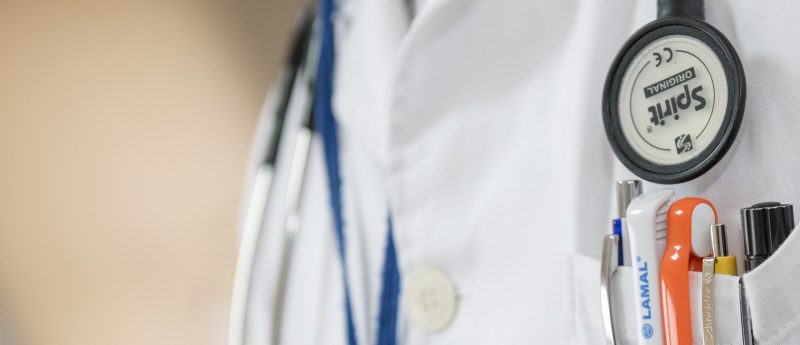Entyvio® superior to Humira® in first head-to-head biologic clinical study in ulcerative colitis

The results of the VARSITY study have been presented at the 14th Congress of the European Crohn’s and Colitis Organisation (ECCO) in Copenhagen, Denmark (6—9 March, 2019). Vedolizumab (Entyvio®) was associated with higher rates of mucosal healing and clinical remission.
Takeda Pharmaceutical Company Ltd (Tokyo, Japan) recently announced that the Phase IIIb VARSITY study, the first head-to-head clinical study comparing biologics, met its primary end point with vedolizumab (Entyvio®) being superior to adalimumab (Humira®) in achieving clinical remission in patients with moderately to severely active ulcerative colitis at week 52. The data showed that the overall clinical remission rates for vedolizumab were 31.3% (n = 120/383) and 22.5% (n = 87/386) for adalimumab (P = 0.0061).
VARSITY was a Phase 3b randomized, double-blind, double-dummy, multi-center, active-controlled comparative effectiveness study enrolling patients with moderately to severely active ulcerative colitis to evaluate the efficacy and safety of vedolizumab intravenous (IV) compared to adalimumab subcutaneous (SC) over 52 weeks. A total of 769 patients were randomized 1:1 to either active vedolizumab IV infusions (300 mg)/placebo SC injections or placebo IV infusions/active adalimumab SC injections (160/80/40 mg).
“The VARSITY study addresses critical questions concerning the selection of biologic therapy in ulcerative colitis,” said Bruce E. Sands, primary investigator of the VARSITY study and Chief of the Dr. Henry D. Janowitz Division of Gastroenterology at Mount Sinai Hospital and the Icahn School of Medicine at Mount Sinai, New York (NY, USA).
“The goal of treatment in ulcerative colitis is to achieve clinical remission and mucosal healing, and these results clearly highlight the benefits seen with vedolizumab versus adalimumab on these important outcomes. The results also showed lower rates of overall and serious adverse events including infections in patients treated with vedolizumab than adalimumab.”
Vedolizumab being associated with significantly higher rates of mucosal healing at week 52, with 39.7% patients with vedolizumab achieving mucosal healing (defined Mayo endoscopic sub-score of ≤1). Patients treated with vedolizumab also experienced fewer adverse events compared to patients treated with adalimumab, with serious adverse events occurring in 11.0% of vedolizumab and 13.7% of vedolizumab and adalimumab treated patients.
“As the first clinical study to directly compare the efficacy and safety of two commonly used biologic therapies in patients with ulcerative colitis, VARSITY provides invaluable knowledge to help inform physicians’ treatment decisions when initiating biologic therapy,” concluded Jeff Bornstein, Executive Medical Director, Takeda.
